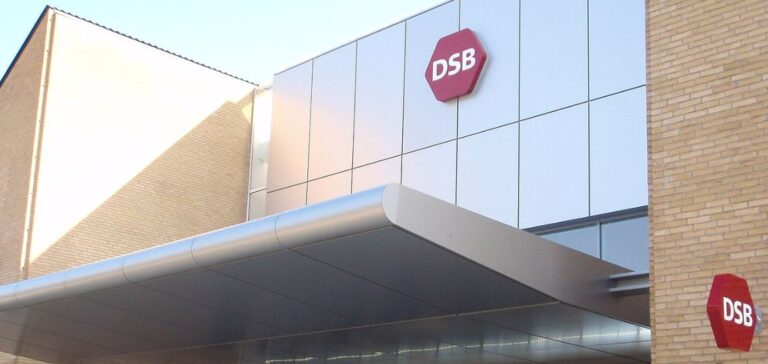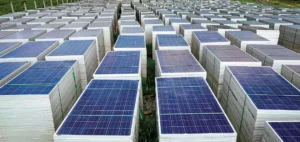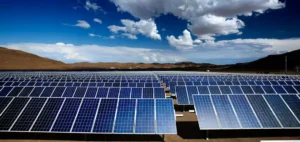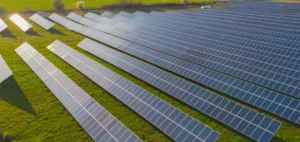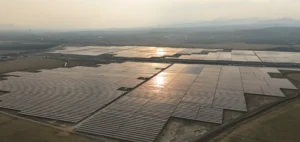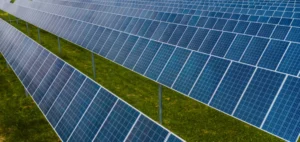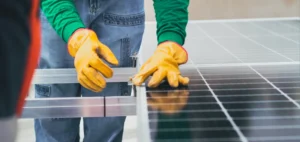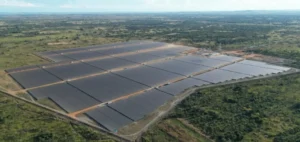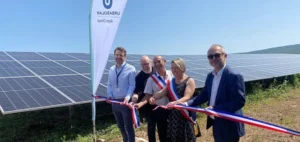Danish State Railways (DSB) and European Energy have signed an agreement for the construction of a solar park at Rødby Harbour, in the municipality of Lolland. The project, scheduled for completion after the summer vacations, aims to generate 262 GWh per year, equivalent to the electricity consumption of 65,000 households. DSB has signed a purchase contract for 80 GWh, covering 50% of its current electricity consumption for the Copenhagen light rail network. This agreement accelerates Denmark’s energy transition, with the ultimate aim of achieving energy independence.
Production and consumption targets
The agreement will enable DSB to reduce its dependence on traditional energy sources by integrating more renewables into its energy mix, thanks to European Energy‘s technical input. Construction of the park will begin after the summer, with commissioning scheduled for 2025. Once operational, the solar park will stabilize energy costs and ensure a reliable supply for DSB’s rail operations.
In addition, this strategic investment will help DSB secure its future energy needs in the face of fluctuating energy prices on the international market. By choosing a renewable energy source, DSB also reduces its risks associated with carbon emission regulations and future environmental taxes.
Energy Capacity Expansion
Jens-Peter Zink, deputy director of European Energy, stressed the importance of increasing green energy capacity to meet growing electrification. The 253-hectare Lidsø solar park will become one of the largest solar parks in Denmark. The land, leased for 30 years, guarantees stable long-term production and contributes to the region’s energy security.
The Lolland solar park is also part of a wider regional development strategy. The long-term lease of the land supports local landowners and provides additional economic opportunities for the region, while helping to diversify the local economy.
Economic and strategic impact
This solar park project represents a major strategic investment for DSB and European Energy. By diversifying energy sources and increasing the production of renewables, the two entities are strengthening their position in the energy market. This collaboration also enables us to meet DSB’s growing energy needs while optimizing operating costs.
At the same time, the partnership with European Energy enables DSB to benefit from the company’s technical expertise and experience in the field of renewable energies. This translates into more efficient implementation and optimized project management, reducing financial and operational risks.
Future prospects and sustainable development
In the long term, this project could serve as a model for other similar initiatives in the transport sector and beyond. The collaboration between DSB and European Energy demonstrates how strategic partnerships can accelerate renewable energy projects, while delivering tangible economic benefits for the stakeholders involved.
By investing in renewable infrastructure, DSB and European Energy not only support their own sustainability objectives, but also contribute to increasing Denmark’s green energy production capacity. This could attract new investment to the region and strengthen the country’s position as a leader in renewable energies in Europe.
The agreement between DSB and European Energy to build the Lidsø solar park represents an important step in Denmark’s energy strategy. It illustrates how partnerships between major companies can lead to significant advances in the field of renewable energies, while bringing considerable economic and strategic benefits.

